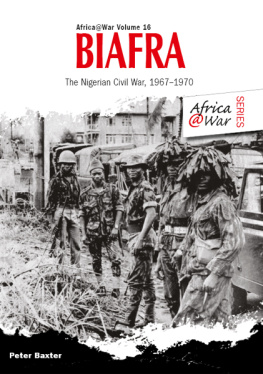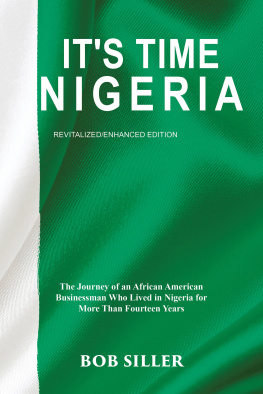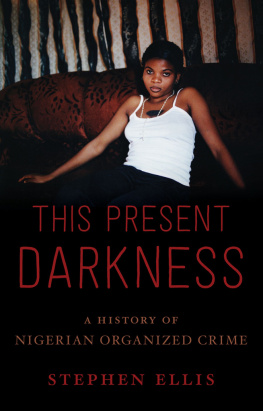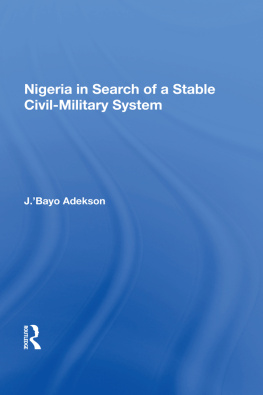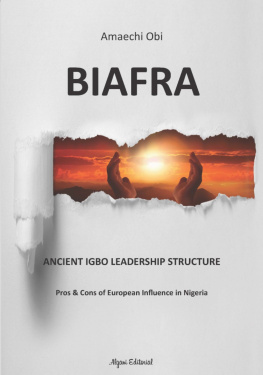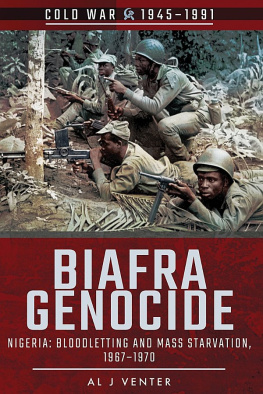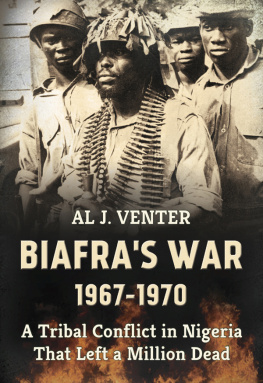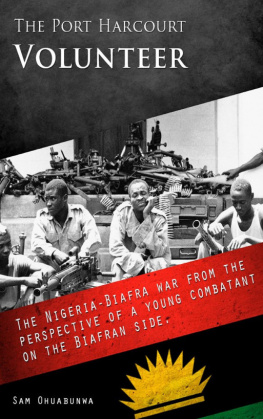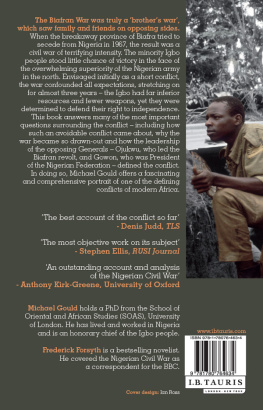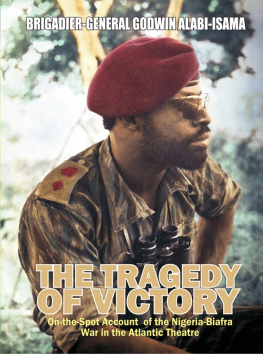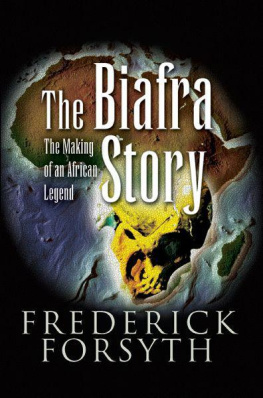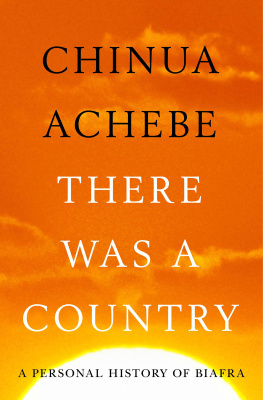Also by Peter Baxter:
Rhodesia: Last Outpost of the British Empire
France in Centrafrique: From Bokassa and Operation Barracuda to the days of the EUFOR
Selous Scouts: Rhodesian Counter-Insurgency Specialists
Mau Mau: Kenyan Energency, 19521960
SAAFs Border War: The South African Air Force in Combat, 19661989
Somalia: US Intervention, 19921994
Bush War Rhodesia, 19661980
Rhodesia Regiment, 18991981
Co-published in 2014 by:
HELION & COMPANY LIMITED
26 Willow Road
Solihull
West Midlands
B91 1UE
England
Tel. 0121 705 3393
Fax 0121 711 4075
email:
website: www.helion.co.uk
and
30 SOUTH PUBLISHERS (PTY) LTD.
16 Ivy Road
Pinetown 3610
South Africa
email:
website: www.30degreessouth.co.za
Copyright Peter Baxter, 2014
Images: As individually credited. The publishers would like to thank Philip Jowett for his invaluable assistance regarding the collection of images for this book.
Designed & typeset by SA Publishing Services ()
Cover design by Kerrin Cocks
Printed for Helion & Co by Henry Ling Ltd., Dorchester, Dorset and for 30 South Publishers by Pinetown Printers, Durban, South Africa
ISBN: 978-1-909982-36-9
Digital ISBN: 978-1-910777-47-3
British Library Cataloguing-in-Publication Data A catalogue record for this book is available from the British Library
All rights reserved. No part of this publication may be reproduced, stored, manipulated in any retrieval system, or transmitted in any mechanical, electronic form or by any other means, without the prior written authority of the publishers, except for short extracts in media reviews. Any person who engages in any unauthorized activity in relation to this publication shall be liable to criminal prosecution and claims for civil and criminal damages.
Front cover: Major-General Phillip Effiong, the Biafran Chief of Staff at his jungle HQ.
CONTENTS
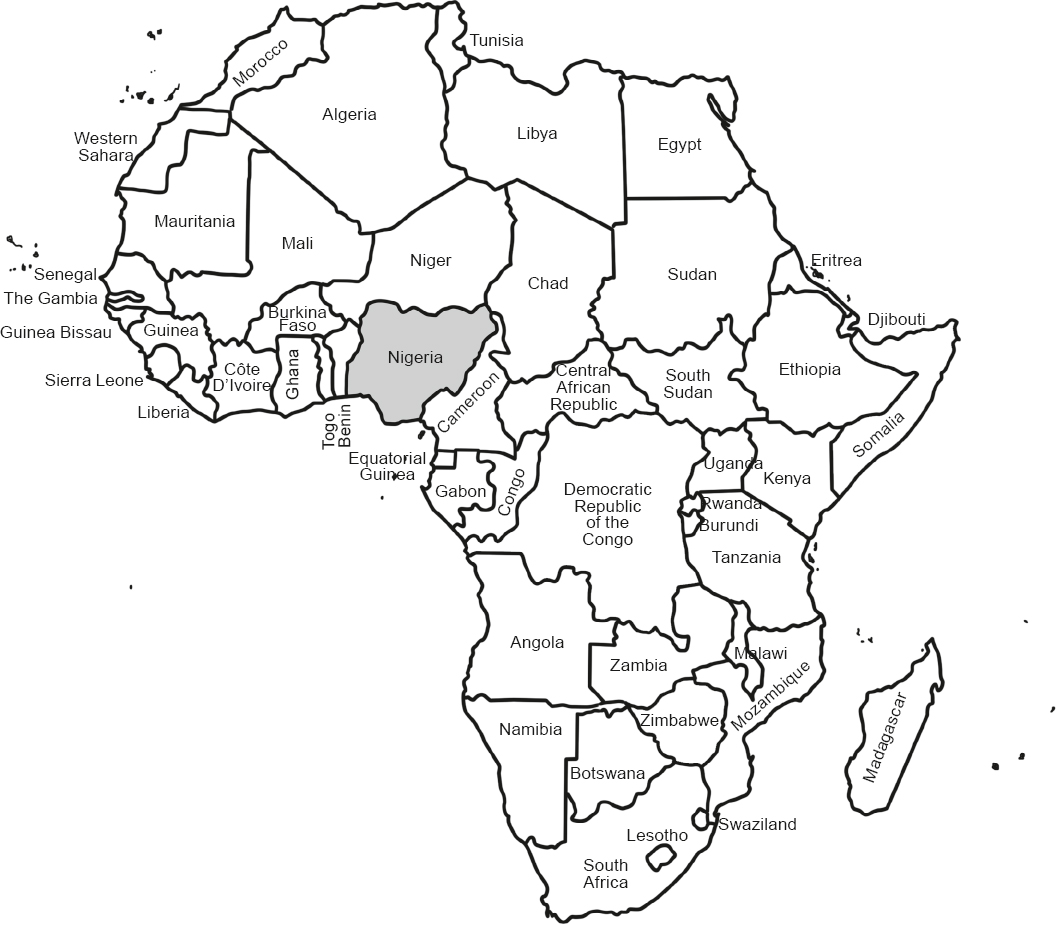
GLOSSARY
ABA | AB Aerotransport |
AHQ | Army Headquarters |
ANC | Arme Nationale Congolaise |
ARMSCOR | Armaments Corporation of South Africa |
BBC | British Broadcasting Corporation |
BOFF | Biafran Organization of Freedom Fighters |
BP | British Petroleum |
CIO | Central Intelligence Organization |
DHQ | Divisional Headquarters |
GOC | General Officer Commanding |
HQ | Headquarters |
ICRC | International Committee of the Red Cross |
LGO | Lagos Garrison Organization |
MCD | Marine Commando Division |
NCNC | National Council of Nigerian Citizens |
NCO | non-commissioned officer |
NNS | Nigerian Navy Service |
NPC | Northern Peoples Congress |
OAS | Organisation de lArme Secrte |
OAU | Organization of African Unity |
RAF | Royal Air Force |
RPG | rocket-propelled grenade |
RWAFF | Royal West Africa Frontier Force |
SDECE | Service de Documentation Extrieure et de Contre-Espionnage |
UDI | unilateral declaration of independence |
INTRODUCTION
But we were reading Arabic for centuries while they were still cannibals
New York Times, 13 December 1966
Nigerian writer Chinua Achebe, in his personal memoir of the Biafran conflict, There Was A Country, made an unusually candid admission in relation to the Nigerian colonial experience.
Here is a piece of heresy. The British governed their colony of Nigeria with considerable care. There was a very highly competent cadre of government officials imbued with a high level of knowledge of how to run a country. This was not something that the British achieved only in Nigeria; they were able to manage this on a bigger scale in India and Australia. The British had the experience of governing and doing it competently. I am not justifying colonialism. But it is important to face the fact that British colonies, more or less, were expertly run.
Heresy indeed, but there is a great deal of truth in this comment nonetheless. The British Colonial Service was a professional corps of bureaucrats and administrators of an extremely high calibre. Bearing in mind how thinly spread across the imperial spectrum the good men were, it was an impressive achievement that the British Empire at its peak was as expertly and moderately managed as it was. Nigeria, however, was particularly gifted in having the attentions at a crucial period in its evolution of Sir Frederick Lugard.
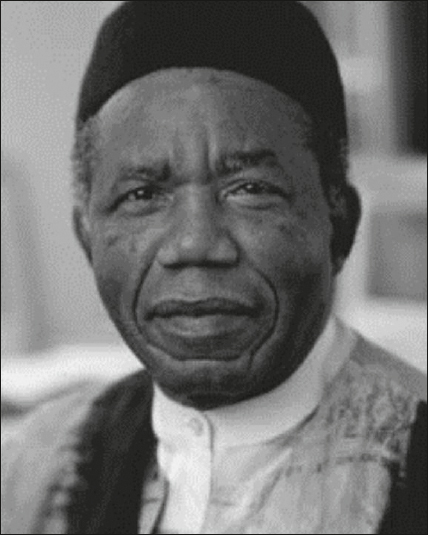
Chinua Achebe. Source NNDB
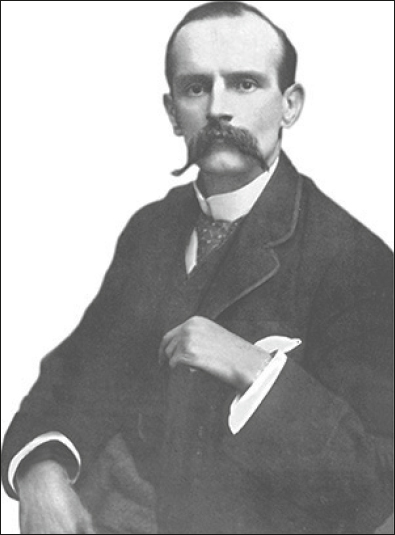
Sir Frederick Lugard.
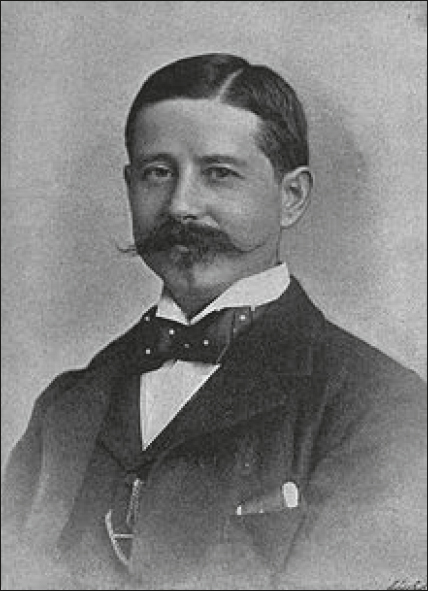
Sir Harry Johnston.
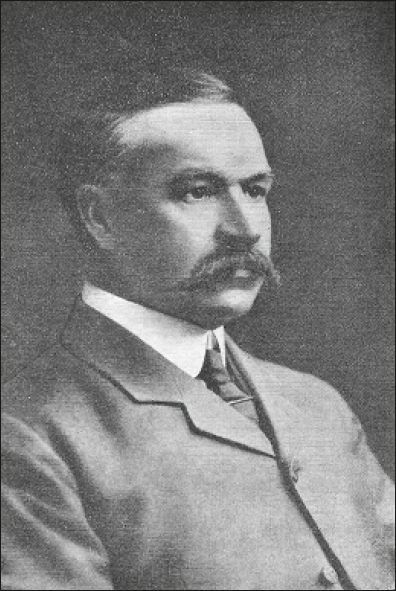
Sir William Milton.
Lugard ranks among a handful of exceptional administrators active in Africa during the last decade of the 19th century and the first decade of the 20th century. Sir Harry Johnston was another of these, a man of diminutive stature but colossal wit and gumption who was instrumental in the evolution of Nyasaland into a crown protectorate. Yet another was William Milton, who almost single-handedly created the executive, judicial and administrative infrastructure of Rhodesia, what would later be Zimbabwe. And then of course, there was Lugard himself.
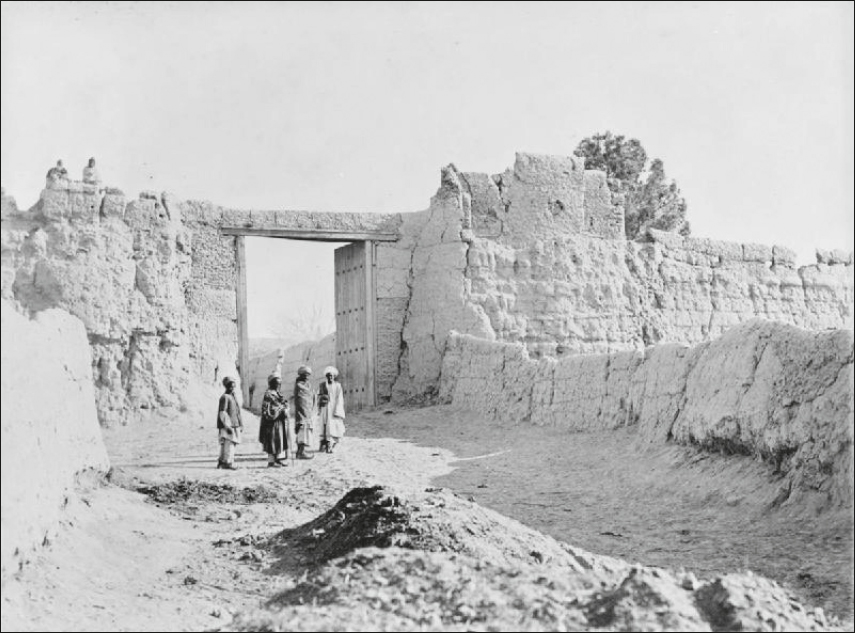
The Kabul Gate in the city wall of Jellalabad, the Second Afghan War, 187880. Source Private Collection
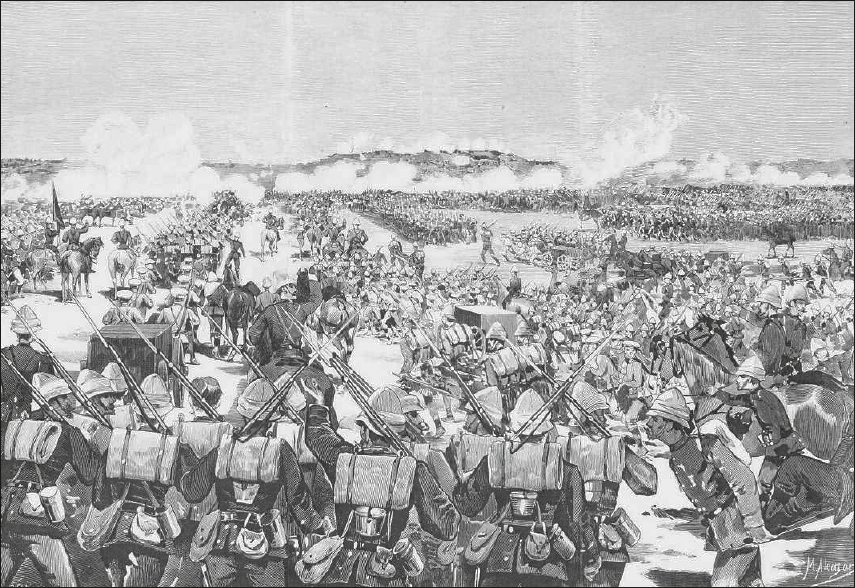
The Battle of El Teb during the Sudanese Campaign, 1884. Sketch Melton Prior
Lugard was a sparse, rather ascetic individual. Short, highbrowed, with deep set eyes, an intense and penetrating stare, his only apparent concession to vanity was a long and finely tapered moustache that varied in volume and length during the phases of his life. He was, at his core, a military man, with a soldiers uncluttered perspective and finely tuned sense of duty. Son of an army chaplin, Lugard was born in India, where he later served with the 2nd Battalion the 9th Regiment of Foot, which in 1881 became the East Norfolk Regiment. He saw action in the 187880 Second Afghan War, during the Sudanese Campaign of 1884 and the Third Burmese War of 1885. He was instrumental in the final defeat of slavery in Nyasaland and the Lakes region, and in the acquisition for the British Crown of the territories of Uganda.
Next page
